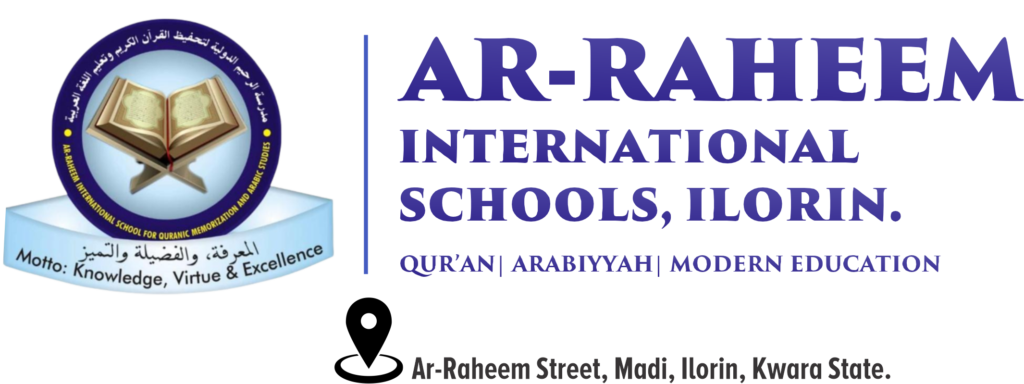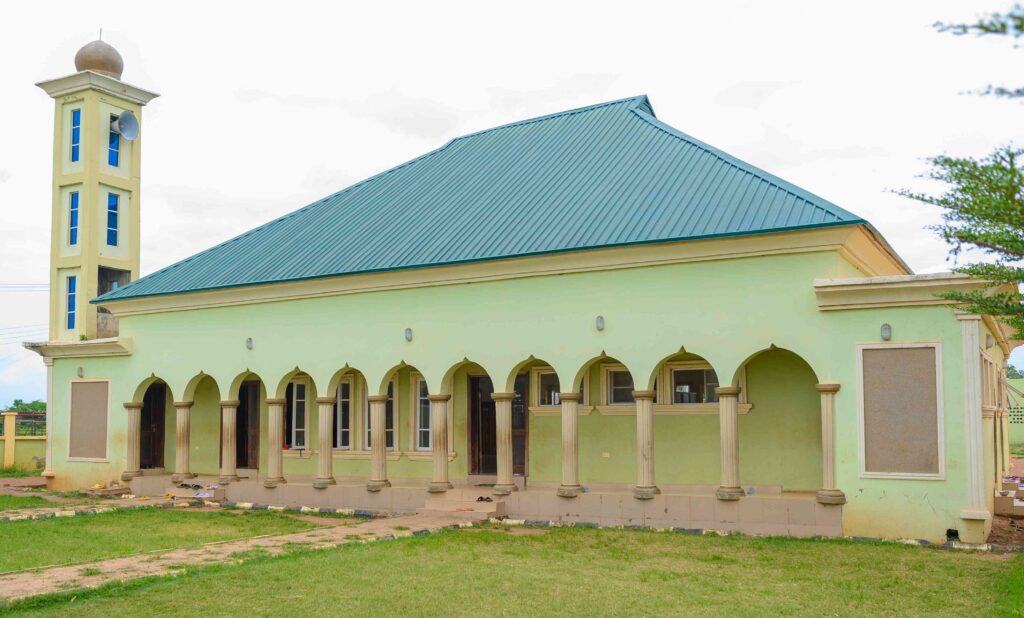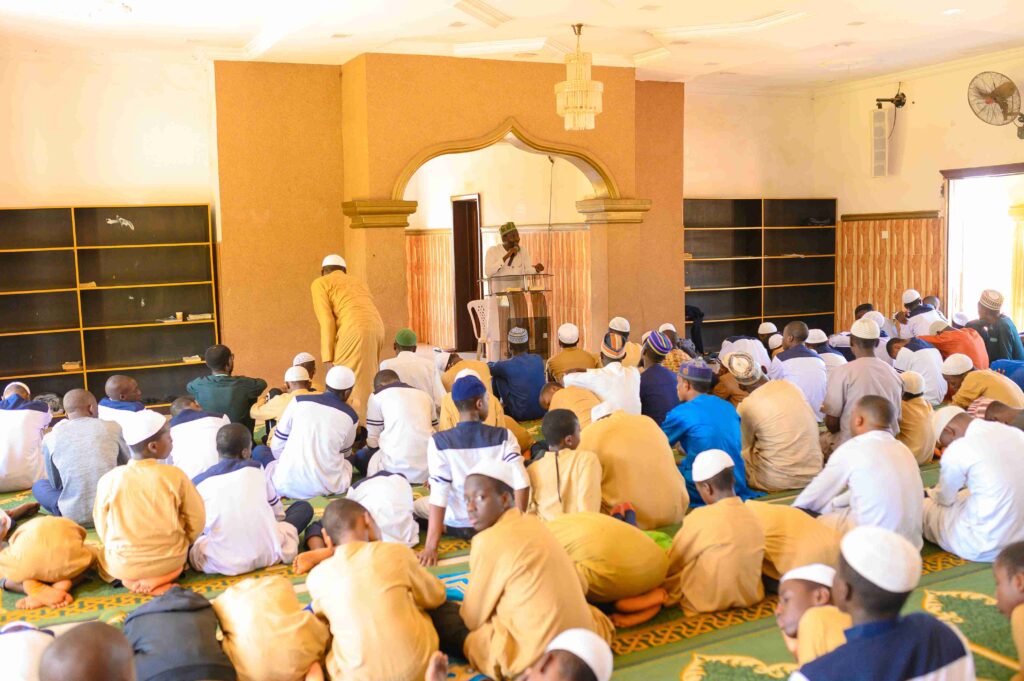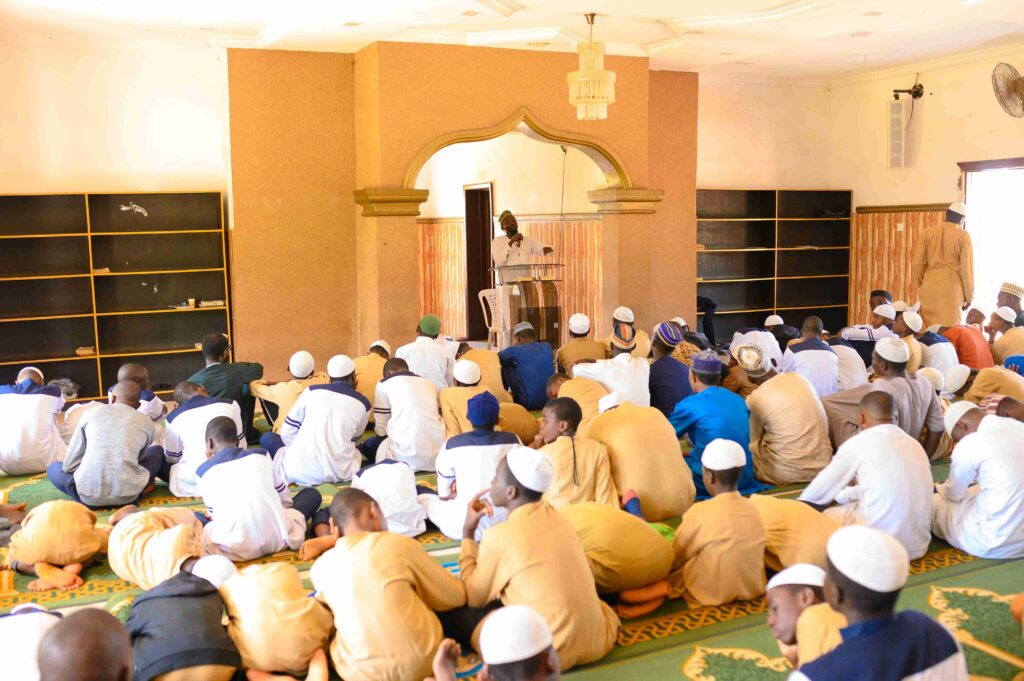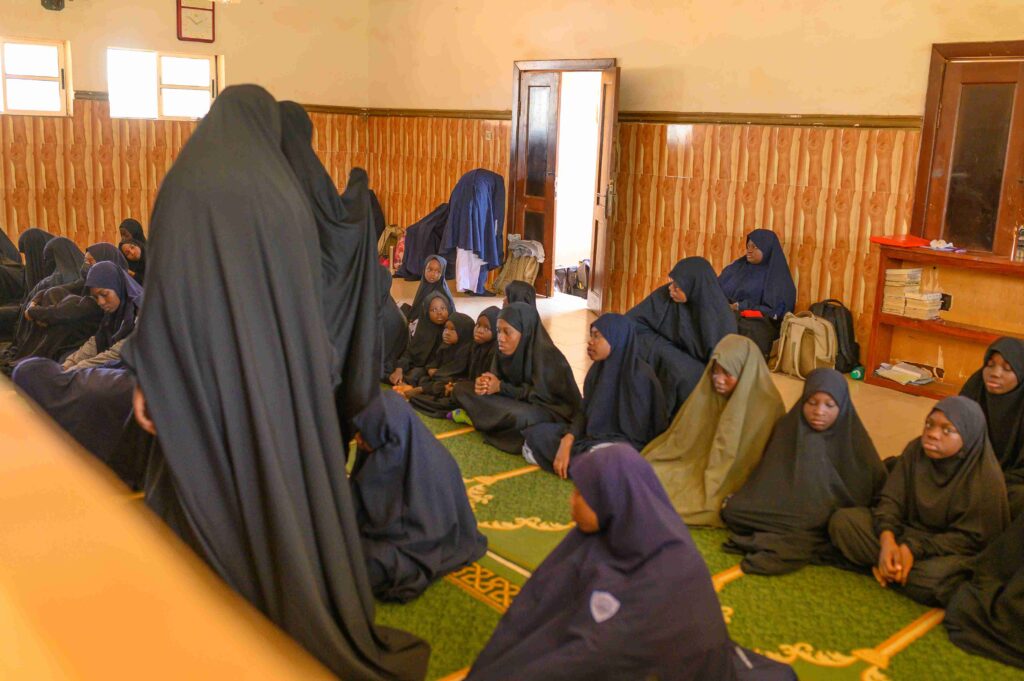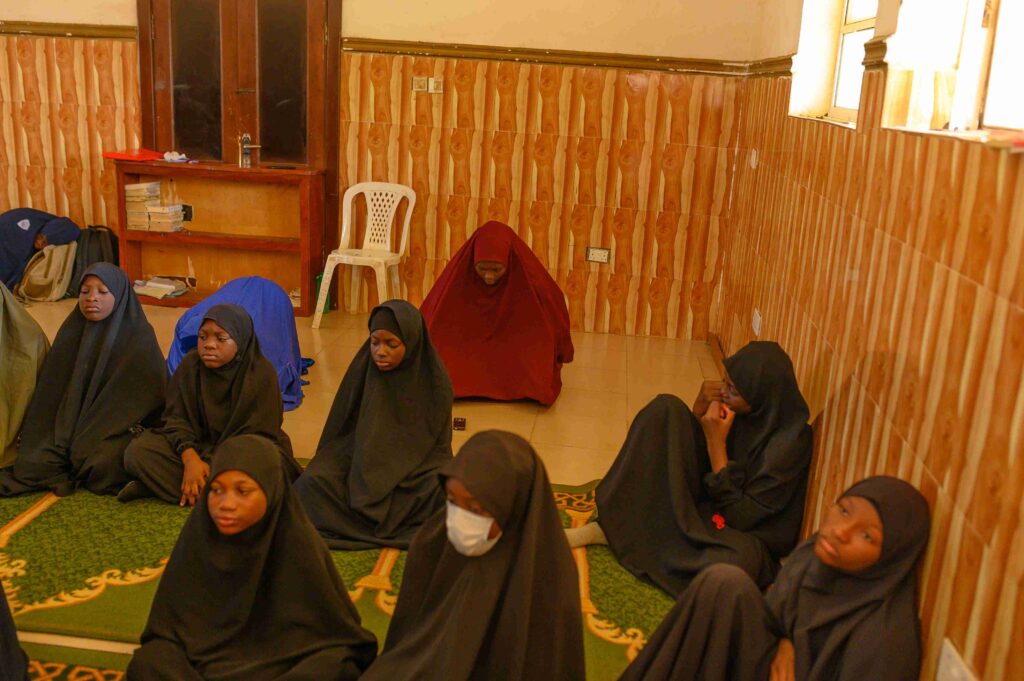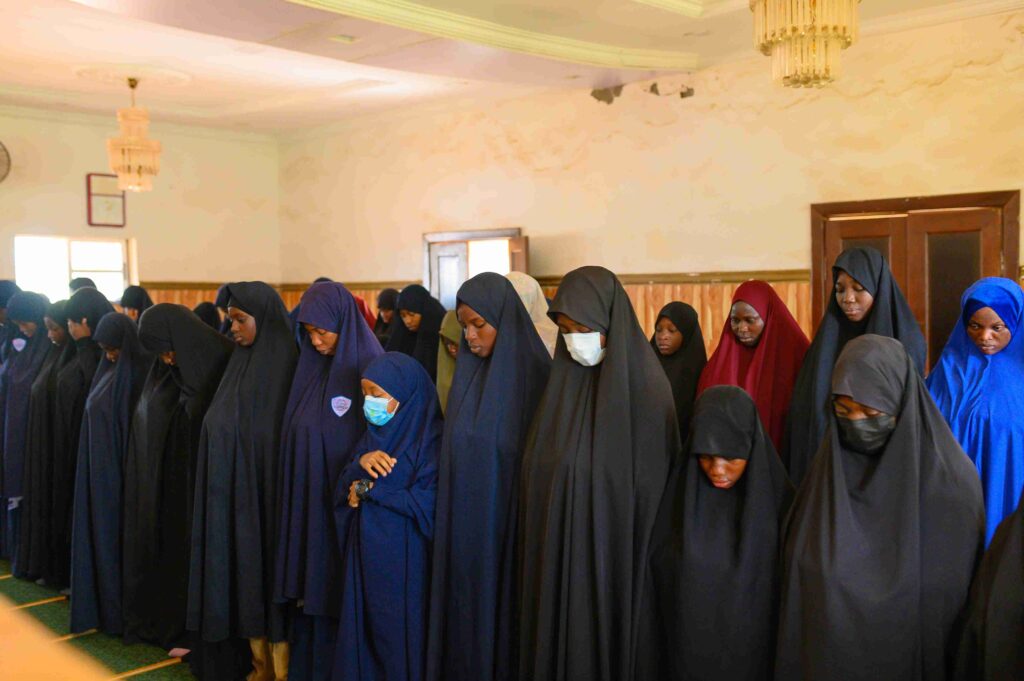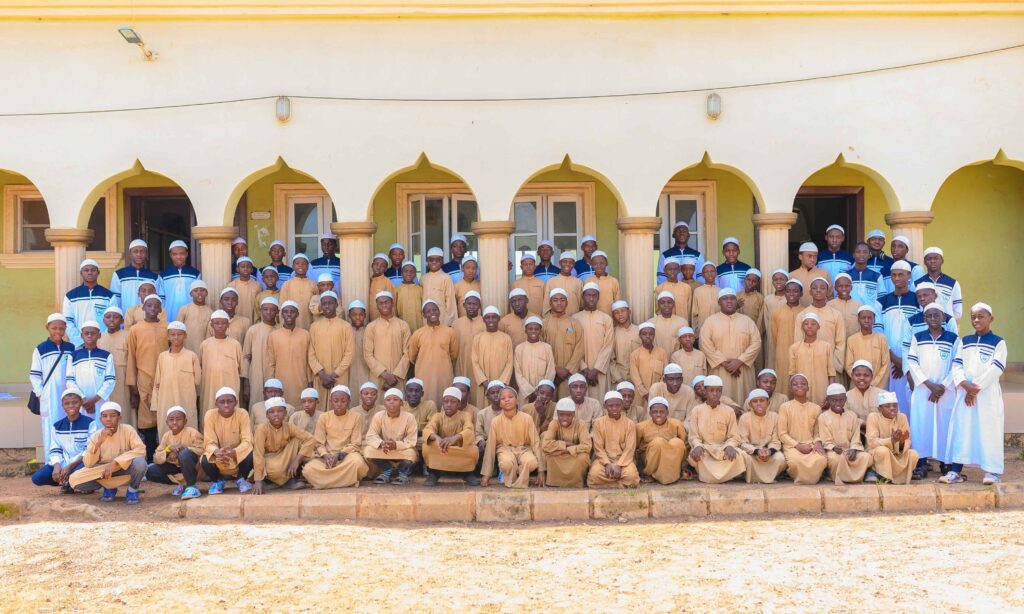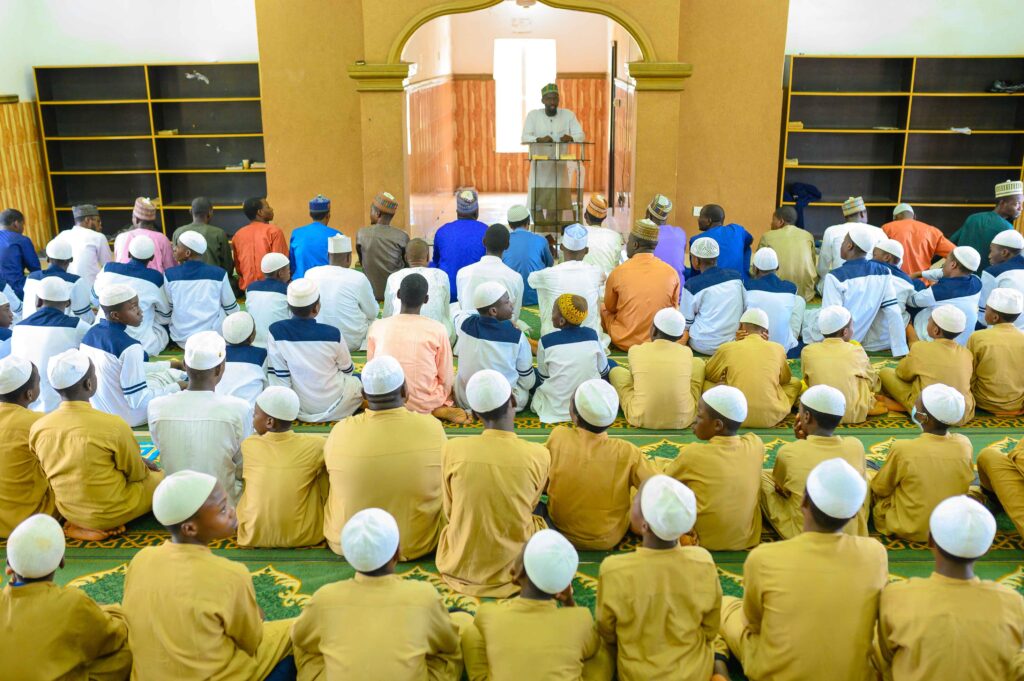In the name of Allah, the Most Beneficent, the Most Compassionate. All thanks and adorations are due to Allah, the Lord of the worlds. May the peace and blessings of Allah be upon our noble Prophet Mohammed, his household, his companions, and all his followers till the day of recompense. Whoever Allah guides, he is the (rightly) guided: and whoever He sends astray-it is those who are the losers (Surah al-A’raaf 7:178).
Firstly, we need to understand that the core traditional functions of any commercial bank include acceptance of deposits and granting of loans. This article only covers the “acceptance of deposits”. Typically, banks hold customers’ deposits in three major types of account: savings, current and fixed deposits. The focus of this write-up is on “savings account”. Anecdotal evidence which suggests that most people hold savings account stimulates the interest to focus on this account type. The most worrisome point is that majority of Muslims that hold savings account do not understand how the account operates and the Islamic position on holding such account. Detailed discussion of the topic is beyond the scope of this article. Regardless, the most important issues will be explained to clear our doubts In shaa Allah.
Investopedia defined “savings account” as an interest-bearing deposit account held at a bank or other financial institutions. A simpler definition of “savings account” referred to this account type as a basic account type that lets you deposit money safely with a bank. The bank provides safekeeping of the funds which can be accessed at any time desired by the depositor (subject to certain conditions). Typically, the savings account is designed for the purpose of safe-keeping money for future use. Such deposit thus earns interest on the account (in the conventional commercial banking system).
There are different reasons why people prefer to maintain savings account. One of such reasons is that the requirements for operating savings account are not as stringent as those of current account. For example, there is no need for third party references to open a savings account. Another reason is that savings accounts are typically designed to pay interest on account balances (in the conventional system).
In order to gain more market share than their rivals, banks have designed different forms of savings account to suit different customer clientele. Regardless of the form it takes, what is paramount to us as Muslims is to determine the Islamic position on the savings account we maintain. To answer the question above on whether savings account is halal or haram, this account type will be considered in line with the bank where it is domiciled. In the Nigerian context, savings account can be maintained by individual or corporate customers in any of the classification given below:
# Conventional Deposit Money Banks: The conventional banking system is interest based. As such, interest is paid on customers’ deposits. In addition, the bank can employ the money deposited as savings to fund “any” type of business activity regardless of the shariah position on such business activity. Most deposit money banks operating in Nigeria are conventional banks and they operate “interest-based” savings account. Example of such banks include: GTB, Access, Zenith Bank, UBA etc
# Non-Interest Deposit Money Banks: In order to promote financial inclusion in Nigeria, the Central Bank of Nigeria licensed “non interest financial institutions”. Under this category, banking services are provided based on Islamic commercial jurisprudence. Non-interest banks operates on certain principles which include: prohibition of interest; prohibition of speculative behavior in business transactions; prohibition of gambling of any form; prohibition of funding any unethical business such as alcohol, tobacco, amongst others. Currently, only three deposit money banks have been granted license to operate “non interest banking” on a full scale in Nigeria. The banks include: Jaiz Bank, Lotus Bank and Taj Bank.
# Conventional Deposit Money Banks operating “non-interest window”: Nigeria Deposit Insurance Corporation (NDIC) defines “non-interest window” as part of a conventional financial institution (which may be a branch or unit) that provides banking services that are “shariah compliant. Thus, banks in this category still conduct their conventional banking activities which is interest based on one side. On the other side, such banks accommodate the peculiar needs of customers that desire interest-free banking services. An example of a conventional deposit money bank with “non-interest window” is Sterling bank.
The Islamic Position
Prohibition of Interest
It is important to note that the most significant difference between the conventional banking system and the non-interest banking system is the presence or otherwise of riba. Riba is an Islamic concept that is generally used to refer to “growth, excess, increase. In clear terms, it is the interest paid on loans or gained on bank deposits. “Riba” is condemned in Surah al-Baqarah (2:275-280) of the Quran.
“Those who consume interest cannot stand (on the day of resurrection) except as one stands who is being beaten by Satan into insanity. That is because they say “trade is just like interest”. But Allah has permitted trade and has forbidden interest. So whoever has received an admonition from his Lord and desists may have what is past, and his affairs rests with Allah. But whoever returns to (dealing in interest or usury) – those are the companions of the fire, they will abide eternally therein.—- Saheeh International
Riba is also prohibited in other Quranic verses which include Surah al-Imran (3:130); Surah an-Nisa (4: 161). Such prohibitions have also been given in narrations from the holy prophet (PBUH).
Prohibition of Speculative Behaviour (Excessive Uncertainties) in Transactions – Gharar
Gharar means taking excessive risk or having unnecessary uncertainty in a contract. Gharar occurs in a transaction where the subject matter or the price are not determined and fixed in advance. Islam requires all aspects of the transaction or contract to be transparent and known to all parties, thus significantly reducing conflict. The Prophet (s.a.w) has forbidden the purchase of the unborn animal in the mother’s womb, the purchase of charities prior to their receipt. These are clear examples of Gharar.
Prohibition of Unethical Business Transactions
The Shariah prohibits transacting in businesses which are considered harmful to the society or which create problems. Examples of activities forbidden by Islamic law include dealings in alcohol, tobacco, prostitution and all other activities considered harmful to the society. It was narrated from Jabir bin’ Abdullah that, during the year of the conquest, while he was in Makkah, he heard the Messenger of Allah say: “Allah, the Mighty and the Sublime, and His Messenger have forbidden the sale of alcohol, dead meat, pigs and idols……
Prohibition of Gambling
“O you who believe! Intoxicants (all kinds of alcoholic drinks), gambling, al Ansaab [sacrifices for idols, etc.] and al-Azlaam [arrows for seeking luck or decision] are an abomination of Shaytaan’s handiwork. So avoid (strictly all) that (abomination) in order that you may be successful. Shaytaan wants only to excite enmity and hatred between you with intoxicants (alcoholic drink) and gambling, and hinder you from the remembrance of Allaah and from al-salaat (the prayer). So, will you not then abstain?”[al-Maa’idah 5:90-91]
“Islamic Savings Account”
The savings account that is considered acceptable in Islam employs Shariah compliant products. There are three variants of savings account in the Islamic banking system: Al Qard Hassan; Wadiah Yad Dhamanah; and Mudarabah. Al Qard Hassan is a loan contract where the borrower pays back the principal amount borrowed without any interest. As earlier mentioned, this article does not cover loan contracts. Wadi’ah Yad Dhamanah is a contract between the depositor and the bank solely for the purpose of safekeeping. Thus, the bank is under no obligation to give returns to the depositors. Return can only be given as gifts (hibah) and such gifts are given at the discretion of the bank. It must not be pre-arranged. This article majorly focuses on the third variant (mudarabah) which is the most prominent.
Based on the foregoing, the Islamic savings account does not offer interest on deposits. However, such savings account are maintained based on the mode of “mudarabah”. Mudarabah refers to a business contract in which one party brings the capital and the other brings personal efforts. In this case, the depositors provide the funds and are regarded as “Rab el maal” while the bank act as managing trustee and referred to as “mudarib”. The bank invests customers’ deposits in ethical business activities with the intention of generating profit which will be shared with depositors. Thus, such accounts will grow customers’ money through sharia-compliant investments.
Thus, maintaining savings account under the mudarabah contract attract returns or profits which the bank pays periodically. The difference between this profit and interest is that interest must be paid whether the bank makes gain or suffer losses. In the case of the mudarabah contract (profit sharing mode), profits are shared between the bank and depositors while losses are borne by the provider of capital unless there is proven misconduct and negligence in the investment established on the part of the bank.
Apart from the issue of interest, it has been mentioned earlier that the “Islamic savings account” adhere to certain principles: prohibition of speculative behavior in business transactions; prohibition of gambling of any form; prohibition of funding any unethical business such as alcohol, tobacco, amongst others.
The way out
The first thing to establish is the intention for the savings account. Is it for safekeeping of money or to generate income? If the intention is safekeeping of the money, one can open a wadi’ah account with an Islamic bank if this option is available within one’s region. If the intention is for income generation, you can operate a Mudarabah account with an Islamic bank.
In conclusion, it is not about the “savings account” but what guides the operation of such account that makes it halal or haram. Alhamdulillah, non-interest banks where we can maintain “halal savings account” now exists in Nigeria. Surah al-Baqarah (2:208) states that:
“O believers! Enter into Islam wholeheartedly and do not follow Satan’s footsteps. Surely he is your sworn enemy”
The decision is ours. O Allah, save us from haram by making us suffice with what is halal, and through your grace, make us independent of everyone other than you. Aameen.
Limitation: the explanation given in this write-up is limited to savings account and does not extend to other account types like current or fixed deposit account. The article does not cover issues relating loans and advances as well.
I seek Allah’s forgiveness for any error in this write-up. May Allah make it beneficial to us all.
Barakah Allah fihi.
Rihanat I. Abdulkadir

